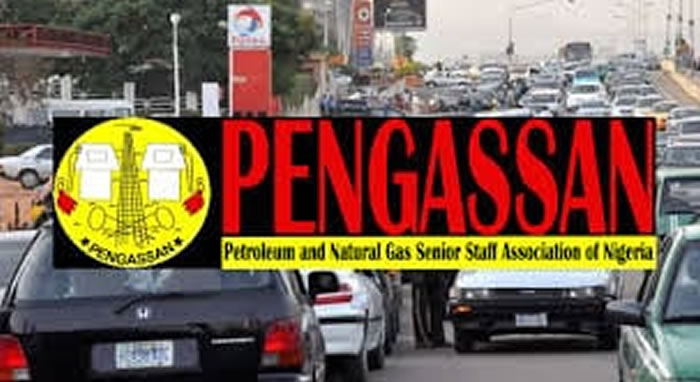The persistent failure of Nigeria’s state-owned refineries has been a subject of national concern, often attributed to a lack of skilled manpower. However, the Petroleum and Natural Gas Senior Staff Association of Nigeria (PENGASSAN) has challenged this narrative, asserting that the refineries’ struggles stem not from a deficiency in skilled labor, but rather from systemic issues, primarily political interference, corruption, and mismanagement. These factors have created an environment where skilled Nigerian workers are denied the necessary tools, resources, and supportive policies to effectively operate and maintain the refineries. This assertion was made by PENGASSAN President, Mr. Festus Osifo, during the 4th PENGASSAN and Labour Summit (PEALS 2025) held in Abuja.
Mr. Osifo emphasized that while a skilled workforce is essential for a robust energy sector, it is not the sole determinant of success. He argued that the availability of necessary tools, consistent policies, and supportive reforms are equally crucial for driving growth and efficiency within the sector. He pointed to the COVID-19 pandemic as a case in point, where Nigerian workers successfully managed offshore platforms after the departure of expatriates. This demonstrated, according to Osifo, that Nigeria possesses the requisite skilled manpower to maintain global-standard energy production even in challenging circumstances. The problem, therefore, lies not with the workers, but with the enabling environment in which they operate.
The PENGASSAN President further underscored the detrimental impact of policy inconsistencies and political interference on the Nigerian oil and gas sector. He argued that these factors erode investor confidence and impede the sector’s growth. The frequent changes to petroleum laws, he noted, create an unpredictable investment climate, discouraging much-needed capital inflows. Predictability in fiscal regimes, he stressed, is paramount for attracting petrodollars, fostering long-term infrastructure development, and ensuring sustained growth in the oil and gas industry. A stable and predictable regulatory environment is essential for investors to make long-term commitments and contribute to the sector’s development.
Furthermore, Mr. Osifo highlighted the critical role of training and capacity building in ensuring the competitiveness of Nigerian workers in the global energy market. He urged both indigenous and international operators to prioritize worker training to equip them with the skills and knowledge necessary to adapt to the evolving demands of the energy sector. This continuous investment in human capital, he argued, is vital for maintaining Nigeria’s position as a key player in the global energy market and ensuring the long-term sustainability of the industry. He advocated for a collaborative approach between industry stakeholders and labor unions to develop comprehensive training programs that address the specific needs of the Nigerian energy sector.
The PEALS 2025 summit, themed “Building a Resilient Oil and Gas Sector in Nigeria: Advancing HSE, ESG, Investment and Incremental Production,” provided a platform for stakeholders to discuss critical issues affecting the Nigerian energy sector. The Secretary General of the Trade Union Congress (TUC), Mr. Nuhu Toro, commended PENGASSAN for organizing the summit, describing it as a model for strategic dialogue within the energy sector. He praised the association’s foresight in recognizing the importance of such dialogues for navigating the complex dynamics of the industry and their implications for organized labor.
Mr. Toro further encouraged other unions under the TUC to emulate PENGASSAN’s initiative and embrace modern engagement strategies, dialogue, and innovation as tools for advancing workers’ welfare and strengthening collective bargaining power. He emphasized the importance of collaborative efforts between labor unions, government, and industry stakeholders to address the challenges facing the Nigerian energy sector and create a more sustainable and equitable future for all involved. He also highlighted the need for a transparent and inclusive dialogue process to ensure that the voices of all stakeholders are heard and considered in policy formulation and implementation.


